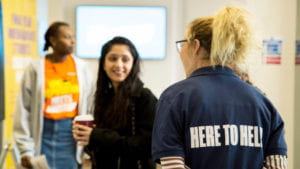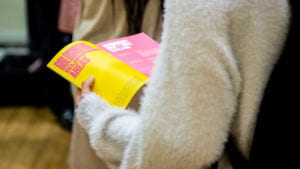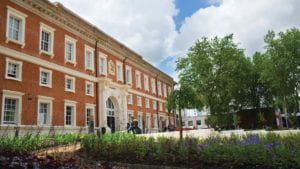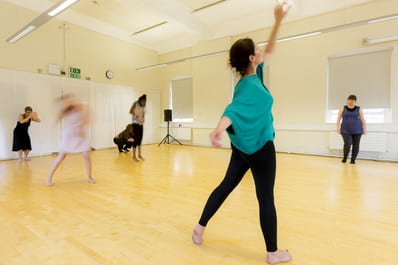Do you think you can organise the next best exhibition to showcase in the UK? Are you interested in what rituals people living in London have adopted today? Have you got a pioneering design for a new instrument that could disrupt the electronic music industry?
You will have all studied core subjects such as English, Maths and Science whilst being at school and I’m sure heard of many mainstream subjects that you can study at University, such as English Literature, Economics and History. But what about those niche degrees? The ones you haven’t had the opportunity to explore but they spark intrigue in you?
Take a look below at some of the niche courses we offer at Goldsmiths and what they entail…you might be surprised!
The term ‘Curating’ is used to refer to a wide range of activities including organising art exhibitions, festivals and professional events, staging of lecture series, public conversations, reading groups, and even the management of our lives on social media. This course explores how curating allows us to stage culture and put knowledge into circulation in multiple ways, and to place its practices in a historical and critical context.
BA Electronic Music, Computing and Technology
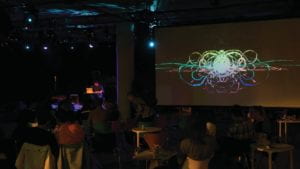 Imagine being able to create your own tools for performance. Or develop your own instruments, interactive installations or reactive sound design. This interdisciplinary programme gives you that opportunity. Alongside developing your own musical practice, you will learn to create custom software that can be used to further your artistic goals and to pioneer the future of electronic music. You’ll learn electronic music composition, production and performance with software design and digital signal processing.
Imagine being able to create your own tools for performance. Or develop your own instruments, interactive installations or reactive sound design. This interdisciplinary programme gives you that opportunity. Alongside developing your own musical practice, you will learn to create custom software that can be used to further your artistic goals and to pioneer the future of electronic music. You’ll learn electronic music composition, production and performance with software design and digital signal processing.
From fake news to data breaches, digital technology is shaping and reshaping our lives faster than at any other time in human history. By bringing together these two areas – anthropology and digital expertise – you’ll learn to investigate the growing role of technology in global challenges, such as health, the environment, economic and political relations, and social justice. You’ll learn to research the digital social world, about how technology is changing the way we live, and even our fundamental understanding of ourselves.
A multidisciplinary degree that’s ideal if you’re interested in counselling and psychotherapy practices but also want to study the social and cultural contexts of their production. This innovative multidisciplinary degree is concerned with the interrelationship between self, psyche and society and promotes a psychosocial framework of understanding the interconnections between the personal and the social, inner and outer worlds, as well as the social conditions to mental health.
BA Law with Criminal Justice and Human Rights
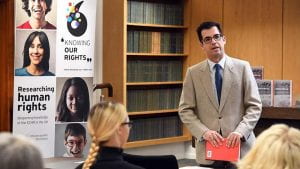 This programme gives you the opportunity to obtain specialist knowledge and deepen your understanding of criminal justice and human rights, and their challenging interactions. It enables you to contextualise the study of Law and broaden your horizons, opening up career opportunities in criminal justice professions, and human rights jobs in the third sector. You will also hone the essential critical thinking and practical skills needed in representing clients and defending cases as a solicitor or barrister specialised in criminal law and human rights.
This programme gives you the opportunity to obtain specialist knowledge and deepen your understanding of criminal justice and human rights, and their challenging interactions. It enables you to contextualise the study of Law and broaden your horizons, opening up career opportunities in criminal justice professions, and human rights jobs in the third sector. You will also hone the essential critical thinking and practical skills needed in representing clients and defending cases as a solicitor or barrister specialised in criminal law and human rights.
